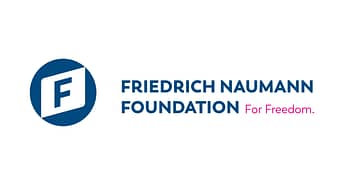Authors and affiliation: Panu Moilanen, University of Jyväskylä, Miriam Hautala, University of
Jyväskylä, and Dominic Saari, University of Jyväskylä
Reviewer and affiliation: Mikko Salo, Faktabaari
introduction
- In general, Finland has a decent level of resilience against disinformation and information warfare. The main reasons behind this are the relatively high quality of the Finnish education system (and accordingly, high levels of education among the population), a long tradition of media literacy and institutional trust among the population.
- The continuing polarization of Finnish society and a possible decline in education and
economic levels cause concerns over Finland’s ability to resist disinformation in the
future. - Despite far-right groups still being marginal, the Finnish Security Intelligence Service
(Supo) warns of increasing radicalisation fueled by far-right communities and networks
online. According to Supo, individuals and small groups constitute the biggest threat. In
December 2021, the Finnish police identified and arrested seven men on the suspicion
of planning a terrorist attack. Europol maintained that the group was influenced by
accelerationist, neo-Nazis and satanist ideals. - Overall, Finnish authorities missed the opportunity to build a more comprehensive
situational awareness on what is really happening, especially online. Instead, major
focus was put on Russian trolls and disinformation narratives that have a smaller
impact on the Finnish public debate. Contrarily to the past, where preparation against
information warfare and disinformation has been rather minimal, authorities, civil
society organisations, and independent media have recently stepped up their efforts in
combatting disinformation and information warfare.
To gain a more accurate understanding of the Finnish disinformation landscape, click on the below button.
We have more European country factsheets. Curious to discover the others? Click here.
The opinions expressed are those of the authors and do not necessarily reflect the position of EU DisinfoLab. This factsheet does not represent an endorsement by EU DisinfoLab of any organisation.
This project is funded by the Friedrich Naumann Foundation for Freedom.



